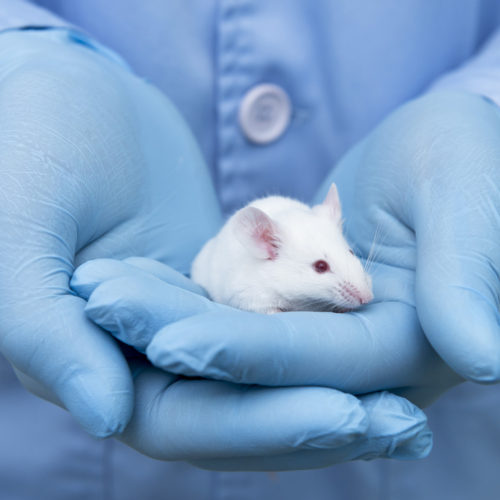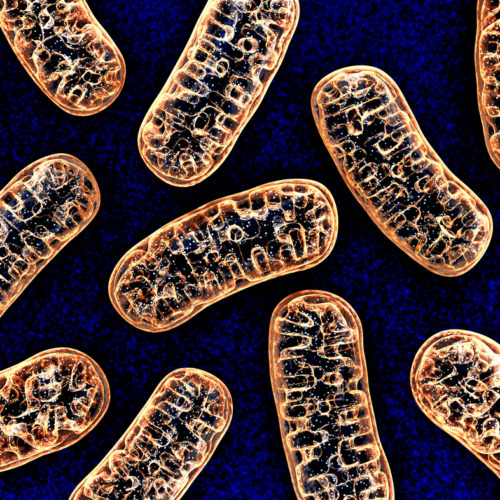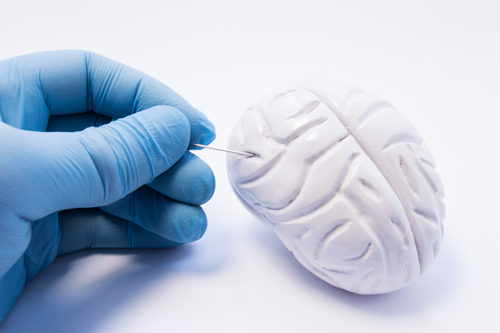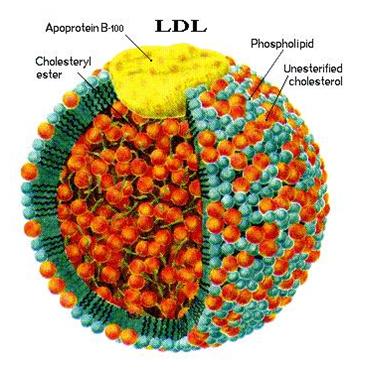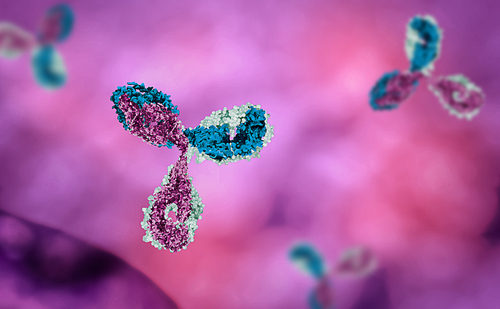This post was originally published on this site A vaccine produced using virus-like particles was able to improve cognitive functioning and reduce the accumulation of tau protein aggregates — a hallmark of Alzheimer’s disease — in a mouse model of the disease, a study shows. The study, “Qß Virus-like particle-based vaccine induces robust immunity and…
Category: Alzheimer’s
Presence of Mouth Bacteria Linked to Risk of Alzheimer’s, Study Shows
This post was originally published on this site A connection discovered between Alzheimer’s and the bacteria that cause gum disease suggests that improved oral hygiene may decrease the risk of developing the disorder, a study reports. The study, “Porphyromonas gingivalis in Alzheimer’s disease brains: Evidence for disease causation and treatment with small-molecule inhibitors,” was published…
Caring for the Opposite Sex: Dealing with Intimacy Challenges
This post was originally published on this site In the United States, 2.1 million men age 65 and older have Alzheimer’s disease. With Father’s Day approaching, we recognize that these numbers represent many dads, though fewer men than women have the disease. Caregiving isn’t gender-specific. Among Americans age 71 and older, 16 percent of women…
AxoSim Licenses Mini-Brain Technology to Pursue Therapies for Alzheimer’s, Other Disorders
This post was originally published on this site AxoSim has acquired exclusive rights to lab-grown brain miniatures, coined “Mini-Brain,” a technology developed at Johns Hopkins University that uses stem cells to create models of the human brain in a dish. The technique may help speed therapy discovery for many neurological diseases, including Alzheimer’s disease. “Acquiring rights to…
Host of Activities Planned for Alzheimer’s and Brain Awareness Month
This post was originally published on this site Scores of efforts to mark June’s Alzheimer’s & Brain Awareness Month are designed to raise funds and visibility around the degenerative brain disease and related disorders, and the estimated 50 million people worldwide thought to be affected. Across the United States, patients, caregivers, and advocates will “go…
My Guilt Was Endless as My Mom’s Disease Progressed
This post was originally published on this site Mourning a person who is still living is a sad and surreal experience. I’ve had my fair share of grief as a caregiver for a person with Alzheimer’s disease. My emotions have ranged from feelings of abandonment to denial and guilt. Being the sole caregiver for Mom…
High Levels of ‘Bad’ Cholesterol Linked to Increased Risk of Early-onset Alzheimer’s, Study Suggests
This post was originally published on this site High levels of “bad” cholesterol, known as low-density lipoprotein (LDL), might increase the risk of developing early-onset Alzheimer’s disease, a study suggests. The study, “Association of Early-Onset Alzheimer Disease With Elevated Low-density Lipoprotein Cholesterol Levels and Rare Genetic Coding Variants of APOB,” was published in the journal…
Mourning Is a Natural Process for Caregivers
This post was originally published on this site We tend to categorize loss. The loss of a child is the pinnacle of grief. That’s understandable. The loss of a parent is also devastating. However, it wasn’t until my mother received her dementia diagnosis that I genuinely understood that loss doesn’t always involve finality. Dementia isn’t…
ProMIS’ PMN310 Antibody Candidate Shows Greater Effect, Less Risk Than Other Therapies, According to Data
This post was originally published on this site ProMIS Neurosciences’ candidate PMN310 can specifically target toxic clusters of soluble amyloid-beta protein, and be safely administered at high doses with reduced risk of characteristic Alzheimer’s brain changes or swelling, according to clinical data. PMN310 has the potential for greater therapeutic potency compared with other amyloid-beta-directed antibodies…
Alzheimer’s Diagnostics Accelerator Program Awards Nearly $3.5M to Develop Early-detection Methods
This post was originally published on this site Selected through the Alzheimer’s Drug Discovery Foundation’s (ADDF) Diagnostics Accelerator program, four scientists will share nearly $3.5 million to develop new biomarkers for early detection of Alzheimer’s disease and related dementia. Philanthropists, including ADDF co-founder Leonard Lauder, Bill Gates and Jeff and MacKenzie Bezos, are expected to fund $10…


